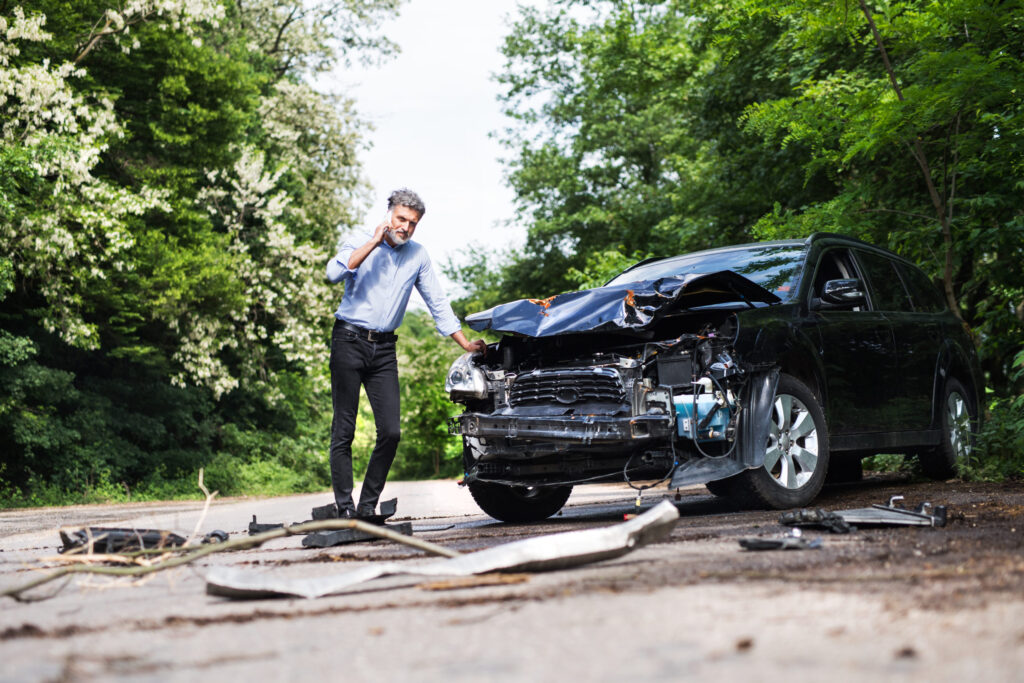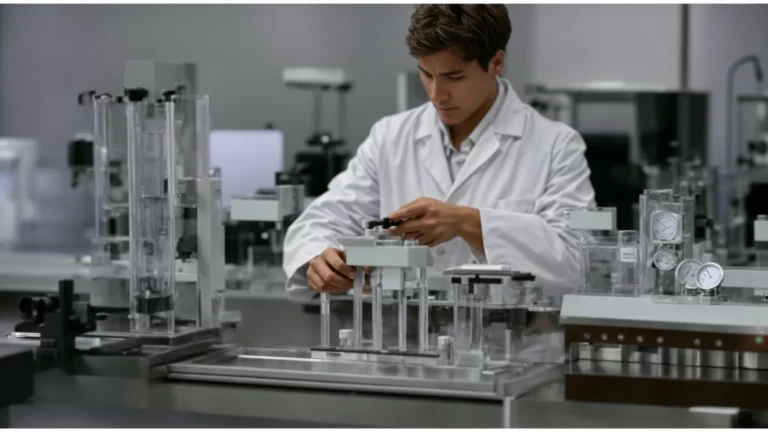Coping with a car accident that leaves you with a concussion can be a daunting and overwhelming experience. The road to recovery can be long and difficult, from dealing with the physical pain to managing the emotional fallout. Fortunately, there are steps you can take to help you cope with the aftermath of a car accident. Keep reading to learn more.
What are the symptoms of a concussion?

Car accidents can be devastating, both physically and emotionally. A concussion is one of the most common injuries associated with a car accident, as it can occur due to trauma or impact on the head. It’s important to take all necessary steps to cope with a car accident that leaves you with a concussion to ensure a successful recovery.
Coping with a concussion can be difficult, but understanding the condition and how to handle it can help you get through this difficult time. Common signs of a concussion include confusion, difficulty concentrating, headache, dizziness, nausea, and sensitivity to light and sound. It’s also important to be aware of the potential for delayed symptoms, such as difficulty sleeping, difficulty with balance and coordination, and mood changes.
How can you cope with a concussion after a car accident?
Car accidents can be some of the most traumatic experiences one can go through. It can be even more challenging to cope when a person sustains a concussion from a car accident. Concussions can have long-term effects if not treated properly and promptly. Depending on the severity of the injury, a concussion can result in physical, cognitive, and emotional impairments. Here are some tips for coping and recovering after a concussion.
First, you must get plenty of rest. Take time off work or school if needed, and focus on getting the rest your body needs. Sleep is important for helping the brain heal and should be a priority. Ensure you are not engaging in any activities that could cause further injury or aggravate the concussion.
It’s also important to follow the advice of your doctor. Your doctor will likely prescribe medication to help manage your symptoms and reduce pain. You may also need to undergo physical or cognitive therapy to help with any lingering effects of the concussion.
In addition, you may need to make lifestyle changes to ensure a successful recovery. This may mean reducing stress, avoiding activities that could lead to further injury, and eating a healthy diet. You may need to limit your use of electronic devices, such as computers and cell phones, as the blue light from these devices can interfere with sleep.
Finally, it’s crucial to be patient and understand that recovery from a concussion can take time. Depending on the severity of your concussion, it could take days, weeks, or even months for you to recover fully. Be sure to talk to your doctor about what to expect.
Why is memory care an essential part of recovery after a concussion?

Memory care is an integral part of recovering from a concussion following a car accident. Memory problems are common after head trauma, and the severity can vary depending on the extent of the injury. The most common memory problem associated with concussions is short-term memory loss; however, long-term memory loss can also occur in some cases. Memory care is essential to help the brain recover after a concussion. It’s important to engage in activities that help boost memory and mental clarity, such as reading, writing, puzzles, and word games.
Recovering from a concussion can be a complicated and lengthy process. During this recovery period, it’s essential to utilize supportive resources to aid in healing both physically and mentally. Accessing support from family, friends, or healthcare professionals can provide the guidance needed to help manage symptoms such as headaches, memory loss, sleep disturbances, depression, and anxiety.
Taking the proper steps to cope with a concussion’s physical and mental effects is key to a full recovery. It’s essential to seek professional medical advice, take time to rest, and practice relaxation techniques to manage stress. Altogether, understanding how to cope with a car accident that leaves you with a concussion can help you make a successful recovery.











